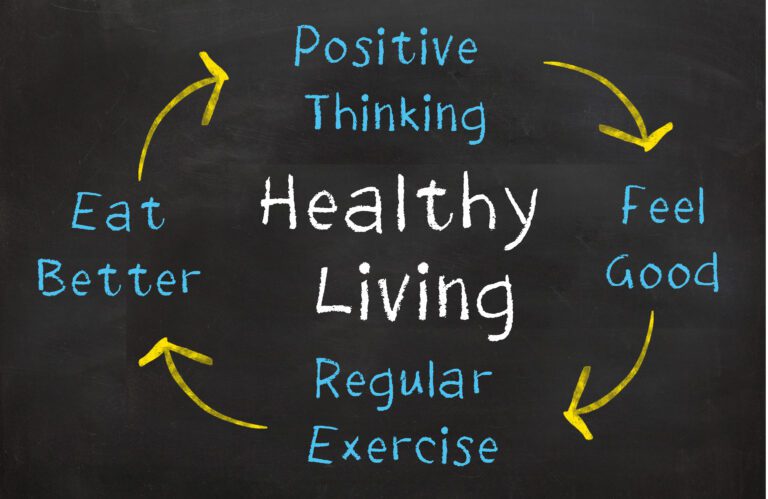We Need More Psychiatrists To Handle The Mental Health Crisis
If you look around the world today, you will notice there are not enough psychiatrists and other medication-prescribing professionals to handle the demands of patients. The demand for these doctors is greatly increasing, and the supply of resources is not keeping up.
Pre COVID-19, there was already a shortage of resources to help support those of us living with mental illness and experiencing poor mental health. The need for support has increased throughout the pandemic and continues to do so today. The average everyday person is feeling the negative mental health impact of COVID-19.
Back In The Day
When I was first diagnosed with bipolar disorder back in 1999, my doctor had her own private practice. She accepted a number of different insurance providers. That seemed like the norm for back in the day.
Now, it is not uncommon for several family doctors, nurse practitioners, and other medical professionals to work together in a clinic-type setting. Psychiatric treatment is limited because generally these are family doctors.
I know a number of private-practicing psychiatrists and psychiatric nurse practitioners. Most of them do not take insurance, and they only accept cash.
Unfortunately, these days insurance companies force medical providers to jump through hoops in order to prescribe certain medications and procedures. If you have a private practice with not much office support, your valuable time can be swallowed up by filling out paperwork and talking on the phone. It makes sense why many providers are slowly dropping insurance carriers and going to a cash-only model.
Psychiatrists and Other Medical Professionals
Psychiatrists are not the only ones who can prescribe psychotropic medications and support mental health issues. One is a physician’s assistant (or P.A.) and the other is a psychiatric nurse practitioner (or PNP).
A psychiatric nurse practitioner is a nurse who obtains an advanced degree as a nurse practitioner. They take their degree even further to specialize in psychiatry.
Nurses are extremely patient-centered, and that is one of the reasons I now lean toward a psychiatric nurse practitioner as my first choice in finding a new provider. This is just my personal preference. There is nothing wrong with choosing a regular medical doctor (or M.D.) or a P.A.
A New Hope
I have had a great track record in finding medical professionals to treat me. In fact, for most of the psychiatrists and psychiatric nurse practitioners who have treated me, I have had the privilege of working with for long periods of time. I do know this is not the experience for everyone, though.
Let me give you an example of how I set myself up for success when it comes to finding a great medical professional to support me.
In the past few years, I have had to switch providers twice. Both situations were completely out of my control. In the first instance, my psychiatrist retired. In the second, my psychiatric nurse practitioner opened her own practice, and she will now no longer take insurance – only cash.
So, what did I do? Instead of waiting for someone to direct me, I called around and researched my options for different providers. It is a time-consuming endeavor, but it is well worth it.
It is absolutely imperative that I have a provider to monitor my medication management.
When inquiring about possible providers, make sure to have your questions ready. Think of it like you are interviewing them to see if you would like to hire them to be a member of your support team.
Last Thoughts
Empower yourself by taking action in finding a psychiatrist, PNP, or other medical professional to treat you. I understand there is a limited number of resources at our disposal, but do the research. Search out your options.
Ask questions and educate yourself. If someone does not know the answer to your question, go out and find the answer for yourself. Never stop educating yourself when it comes to managing your bipolar disorder.
Lastly, be an advocate – not only for yourself but also for increased funding for mental services and other programs that will encourage more people to join the medical field treating mental illnesses and supporting mental health.







